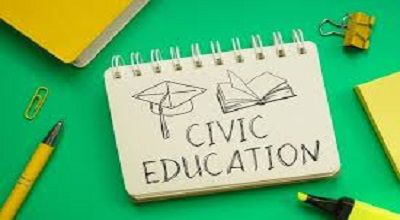Civics
Civics, also known as civic education or citizenship education, is a branch of social studies that focuses on the rights and duties of citizens. As well as the functioning of government and the political system. It is not considered a science or an art in the traditional sense but is categorized as a social science or a subfield of political science.
Civics primarily deals with the study of:
- Government: Understanding the structure and functions of government at various levels (local, state, national, and international).
- Citizenship: Teaching individuals about their rights and responsibilities as citizens, including voting, participating in the political process, and obeying the law.
- Political Systems: Examining different forms of government, such as democracy, monarchy, and totalitarianism, and how they operate.
- Public Policy: Analyzing government policies and their impact on society. As well as how individuals can influence policy decisions.
- Political Participation: Encouraging civic engagement and activism to promote a well-informed and active citizenry.
Civics education aims to foster informed and responsible citizens who can actively participate in the democratic process and contribute to the betterment of their communities and society as a whole. While it is not a science or art in the traditional sense, it is an important component of a well-rounded education that equips individuals with the knowledge and skills needed to be active and engaged members of their society.
Is Civics Science or Arts?
Civics is typically categorized as a social science rather than an art. Social sciences are academic disciplines. That studies various aspects of human society. Including its institutions, behavior, and interactions. Civics falls under the umbrella of social sciences. Because it focuses on the structure and functioning of government, the rights and responsibilities of citizens, and the political systems that govern society.
While civics education may involve elements of critical thinking, debate, and discussion. It is primarily concerned with the systematic study of government, politics, and citizenship. Therefore, it is more closely related to the social sciences, such as political science and sociology, than to the arts.
